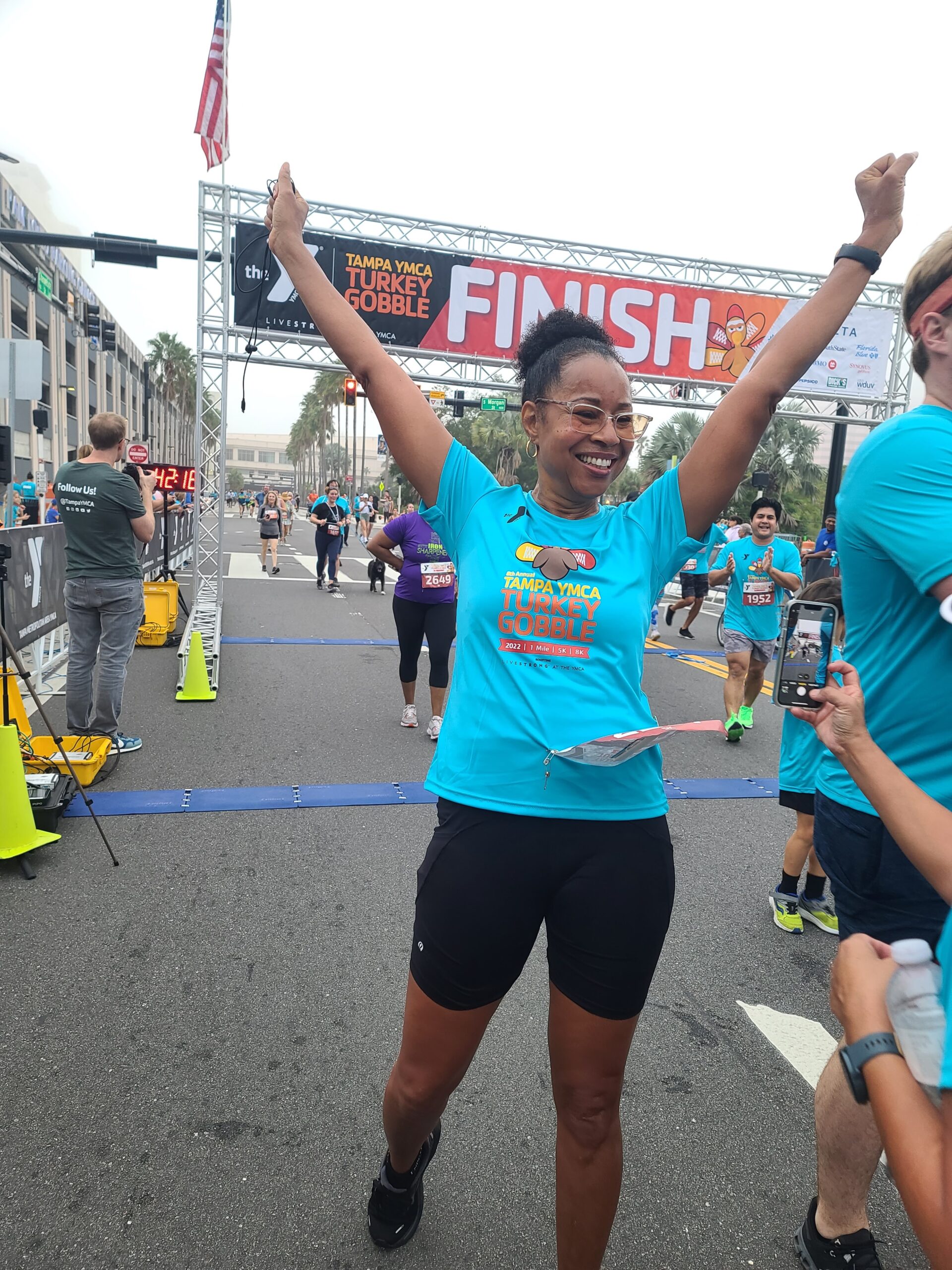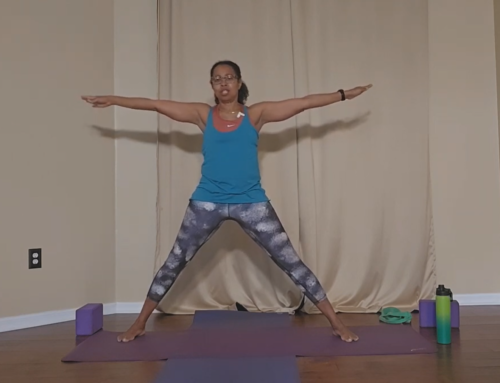The fall months with cooler temperatures offer a great opportunity to consider participating in walks or
runs for your health and the benefit of others. Racing events bring the community together and foster a
time to work on mental and physical fitness goals to become or stay fit. The Great West Chase is a
perfect example. This local event includes walking and running and raises funds for underserved
schools in the area.
It’s best not to wait until the last minute and prepare for a race, even if your intent is to walk. If you are
going to walk a 5K, which is 3.1 miles, it can be challenging when your body isn’t used to it. Take a few
weeks to get used to walking a few miles, (perhaps a mile each way). If you plan on jogging, and you
haven’t been jogging regularly, jog a few times in the weeks leading up to the event. The more time you
have in advance, the better.
Include a warmup (some movement) before your practice walk/runs, and at least 5 minutes of
stretching afterward. Posture is very important. One cue a running coach shared with me that is
effective is to keep your heart lifted toward the sky. If you think about doing that, you will stay tall, with
your shoulders over your hips. This takes the pressure off of your lower back. Practice keeping good form
throughout your walks/runs.
Wear good-fitting socks and supportive shoes. Take a look at the soles of your favorite tennis shoes.
They will give you feedback regarding muscular imbalances you may have. If the outside of the heel is
rundown, for example, you likely supinate, putting your weight more on the outside of your foot. This
can cause stress in the ligaments that connect your heel and toes and may result in plantar fasciitis. Get
fitted for proper support and inserts. Also, over time, do more stretching and strengthening to correct
these imbalances to the best of your ability.
Hydration is crucial as well. Be sure to hydrate several days before the event in preparation for the big
day. If you wait for the morning of the race, it will be very difficult to hydrate properly. When you are
dehydrated, you are more at risk for muscle cramps and overheating. Also, include magnesium and
potassium in your diet to keep cramps at bay. A diet full of leafy greens, fruits, and beans, and nuts are
magnesium and potassium-rich foods.
Lastly, have fun and enjoy the race!




Leave A Comment